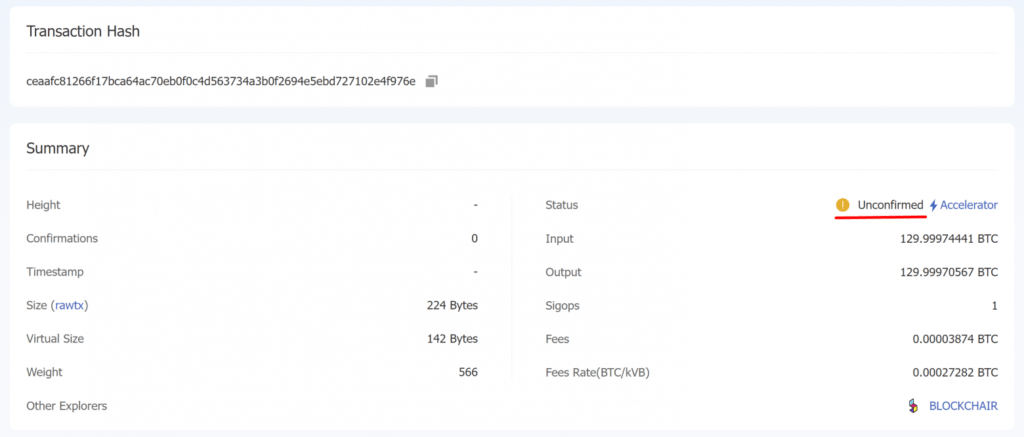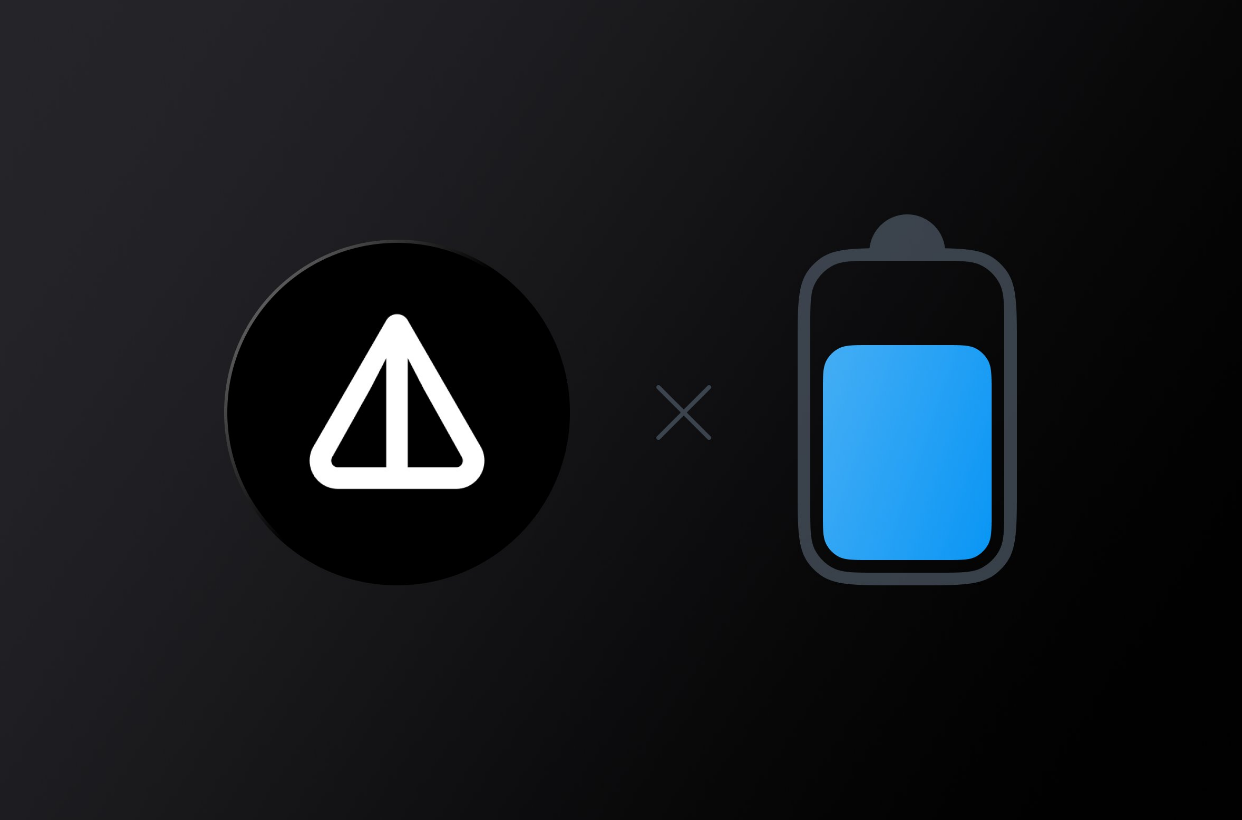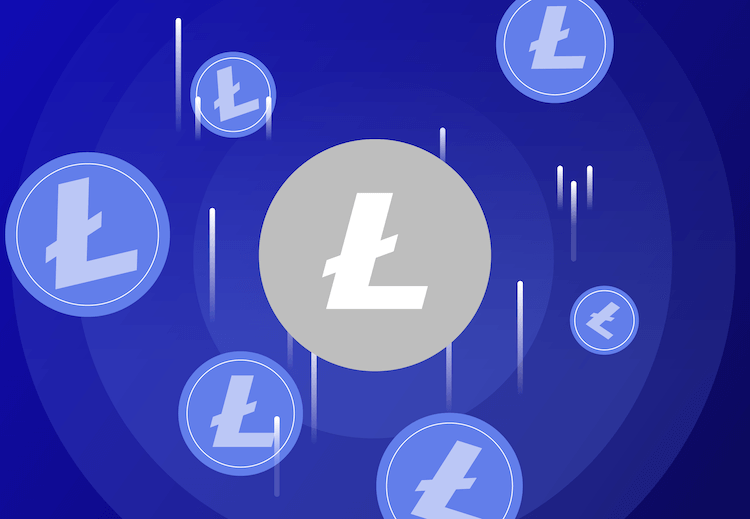
The maximum size of each block in the Bitcoin network is 1 megabyte. Transactions that have not yet been included in a block (permanently recorded in the block chain) are stored in a mempool, which is essentially a memory pool on each Bitcoin node.
Miners prioritize unconfirmed transactions with the highest network commission and smallest size so they can earn more. Those with lower commissions will have to wait until the network load drops before they can pass.
In addition to the lack of commissions to miners, unconfirmed transactions can also be caused by previously unconfirmed transfers. This means that all transactions in the chain must be confirmed in order for a new transaction to enter the block. Therefore, confirmation of all these transactions is necessary for successful confirmation of new ones.

Why are transactions lost?
Bitcoin-nodes have different settings. Some delete transactions that have not been confirmed within 1-3 days. Some do not accept transactions with a too low network commission. So, for example, if the mempoule is full and there are already more than 50 MB of unprocessed records in it, and the average network commission of 30 Satoshi per byte, then transactions with the commission 1 of the Satoshi may not accept the node bytes.
Also, if a transaction has a large number of inputs or outputs and it can take up a significant amount of space in the block, but will not bring profit to miners, then miners can simply not accept it until the membool is completely unloaded.
It is because of the node settings that you may see different numbers of unconfirmed transactions in different blockchain explorers.

What to do if bitcoin transaction hid:
- Wait until the miners are dismantled by transaction blocks with a higher commission and reach yours. It can take from several hours to several days.
- Make Double-Spend. The option is available only for the sender. It provides for “double spending”, i.e. To collect a completely new transaction, maybe even for another amount, with a larger network of the network. Then the miners will choose it as more profitable for themselves, and the old transaction will be removed and forget.
- Replace-by-Fee function-replacing the commission in the same transaction. In fact, it all depends on the sender. It is supported by Bitcoin-Qt, Electrum, Samourai Wallet (Android), Green, Blue Wallet and others. If you have a situation with “freezing”, in the future, be sure to use just such a wallet.
- CPFP (Child Pays for Parent) – the use of unconfirmed coins in a new transaction with a high commission. Thus, the miners will take both transactions, because the new transaction will bring income to the miners, which will cover the addition of both translations. This method is only for the recipient.
- In the future, be sure to use Segwit addresses, they begin on BC1 or in the transition format by 3. Such transactions are more priority on the network and are cheaper. Almost all wallets support this format.
- The new Taproot standard is currently very much supported by, but these transactions are even less and cheaper to use. The Taproot protocol and Schnorr signature are recognized as the following step in the scale of the network.
- A variant in which special gas pedals are used. It is not always convenient for users, because it is quite expensive, but sometimes it is the only way out of the situation. Viabtc.com and btc.com are very popular. Both the sender and the recipient can use it. These are mining pools that add this transaction to the nearest block for an additional fee. The minus of this method is the high price.
How to speed up transaction confirmation?
If the translation is not displayed in all blockchain explorers, then it is better to send the transaction again. To do this, copy the hash (hash) of transactions or raw transaction (RAW TX), depending on what is required, and send manually using the following forms:
There are also paid and free accelerators that use many APIs for a Broadcastle transaction:
In any case, the re -sending of a hung transaction will be useful. Private nodes, miners, services and blockchain browsers will check and add them to themselves.
Read more articles about cryptocurrencies and mining at CRYPTO-WALLETS.ORG.
The Telegram channel about cryptocurrency and mining Bitcoin, Ethereum, Monero and other altcoins:


